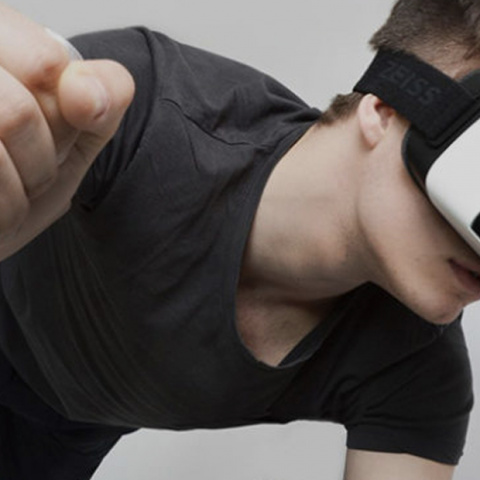
As technology continues to advance, the world of fitness is also evolving. One of the latest developments in the field is the use of virtual reality (VR) to enhance exercise routines and make them more engaging and effective.
Recent scientific articles have explored the potential benefits of VR in the realm of fitness. One study, published in the Journal of Strength and Conditioning Research, found that VR can be an effective tool for improving balance and coordination in older adults. Participants who used VR-based balance training showed significant improvement in their stability and ability to maintain their balance.
Another study, published in the journal Computers in Human Behavior, explored the use of VR for strength training. The results showed that VR-based exercises can be as effective as traditional strength training methods, with participants seeing similar gains in muscle strength and endurance.
In addition to its potential for improving physical fitness, VR has also been shown to have mental health benefits. A study published in the journal Cyberpsychology, Behavior, and Social Networking found that VR-based exercise can reduce symptoms of depression and anxiety in participants.
While more research is needed to fully understand the effects of VR on fitness, these initial findings indicate that it has the potential to be a valuable tool in the world of exercise. As VR technology continues to improve and become more accessible, it is likely that we will see even more uses for it in the realm of fitness.


